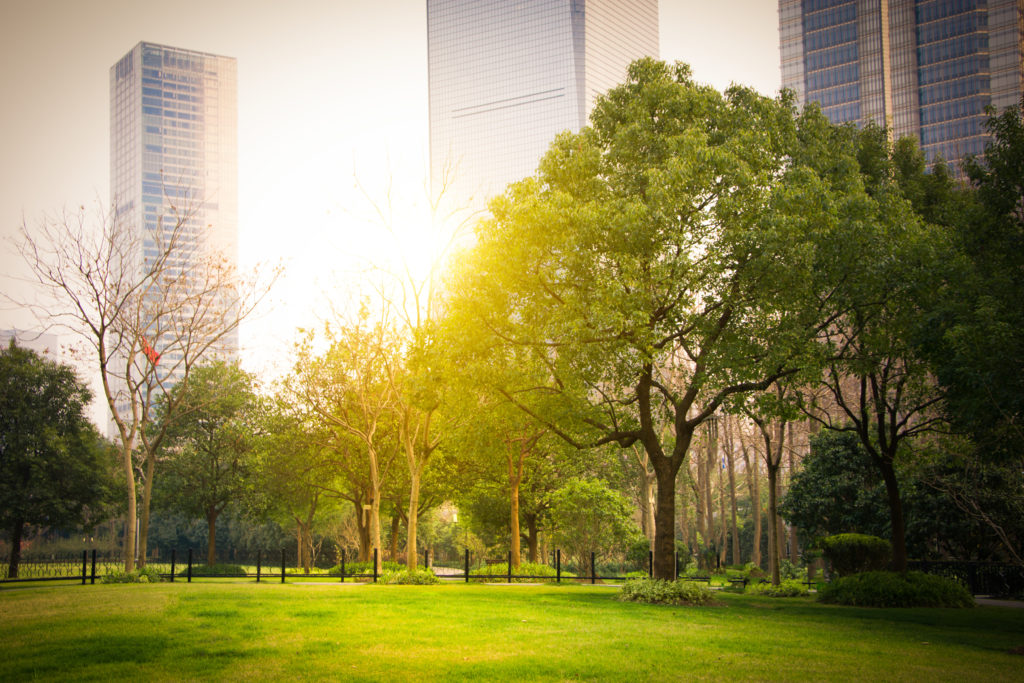
The British Forestry Commission, supported by the Department of Environment, Food and Rural Affairs, has made public an investigation into the potential of urban forests to replace air conditioning in cities. Their results reveal that areas with a high tree density are up to 4 degrees colder than places in the same city without vegetation.
The beneficial effects of urban forest lungs (walks, gardens, zip lines parks, etc.) were specifically known: they fight the climatic emergency, harbor biodiversity, have the capacity to reduce fires, capture carbon dioxide, host millions of species, They participate in the global food chain, improve air quality, promote good mental health …
However, the Forestry Commission researchers have gone a step further, demonstrating that multiplying urban parks could reduce air conditioning in cities by up to 13%, saving 22 million pounds a year and greatly reducing the footprint of carbon The resulting data is especially relevant considering that the Meteorological Office has recently predicted that the United Kingdom could experience four heat waves of more than 30 degrees in 2050 in the year. Indeed, trees help cool their environment through a process called evapotranspiration , which causes the water produced during breathing to evaporate from the leaves of the trees, cooling the air.
The research has also identified some of the most specific forest species for local concentration in London, such as the London Plane Tree, the Sessile Oak and the Cherry Tree. Experts also recommend placing them in areas where people can walk or sit under their shade, as well as plant additional foliage that protects homes and other buildings from the sun.


